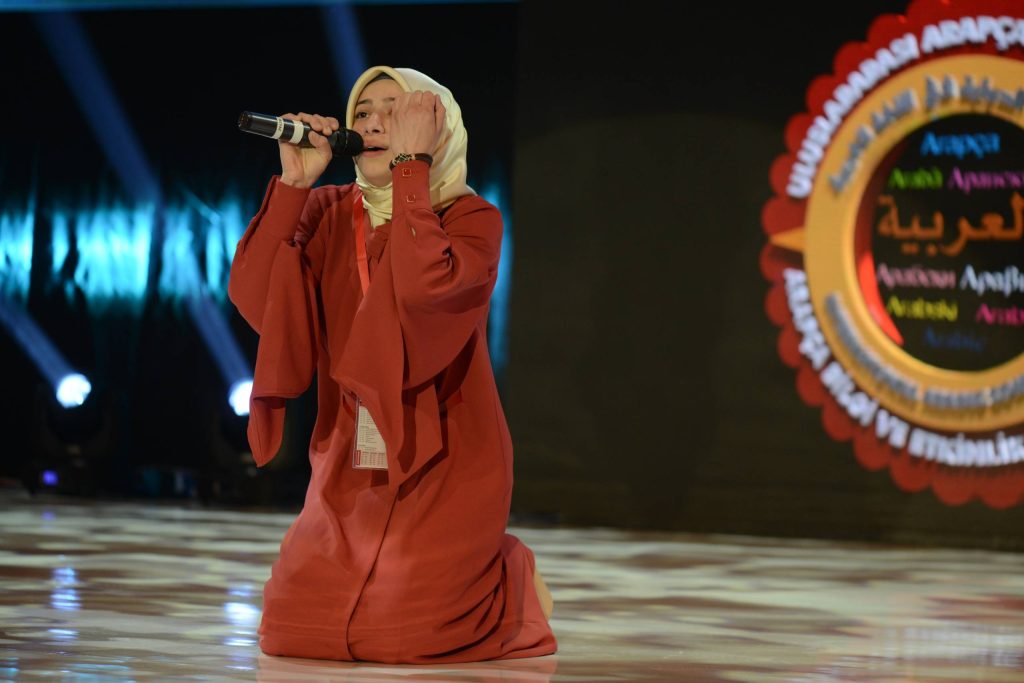Finals of the 12th Arabic Knowledge and Activity Competitions to Be Held in Gaziantep
The finals of the 12th Arabic Knowledge and Activity Competitions, organized among Imam Hatip schools to promote Arabic education in Türkiye, will be held in Gaziantep.
Held under the leadership of the Directorate General of Religious Education at the Ministry of National Education, in coordination with the Academy of Language and Scientific Research Association, and with contributions from the Akdemistanbul Language Center, this year’s Türkiye Finals and Award Ceremony will take place in Gaziantep.
Following city and regional qualifying rounds judged by nearly 1,000 academics, linguists, and artists, the finalists will compete on May 29–30 at Gaziantep University’s Mavera Congress and Art Center.
Over 20,000 Students Competed in 5 Categories
More than 20,000 students participated in the in-school rounds, with applications submitted from 2,663 Imam Hatip schools across all 81 provinces of Türkiye.
In the qualifying rounds:
3,356 students from 974 schools in 80 provinces joined the Arabic Song Contest for middle schools,
795 students from 338 schools in 63 provinces competed in the Arabic Storytelling Contest,
710 students from 710 schools in 79 provinces participated in the Arabic Poetry Recitation Contest,
1,862 students from 599 schools in 78 provinces took part in the Arabic Knowledge Contest,
70 students from 42 schools in 22 provinces joined the Arabic Calligraphy Contest.
Students who advanced from school-level rounds competed in face-to-face provincial competitions. The winners submitted videos for regional evaluation, and the regional champions will now compete in person in Gaziantep.
Now in its 12th year, the competition is organized with support from the Gaziantep Governorship, Gaziantep University, Gaziantep Provincial Directorate of National Education, Gaziantep Metropolitan Municipality, Şahinbey Municipality, Akdemistanbul Language Center, and the Academy of Language and Scientific Research Association.
The event aims to make Arabic a living and spoken language, rather than one perceived as difficult or passive, and to help build cultural bridges between Türkiye and the Arab world.


